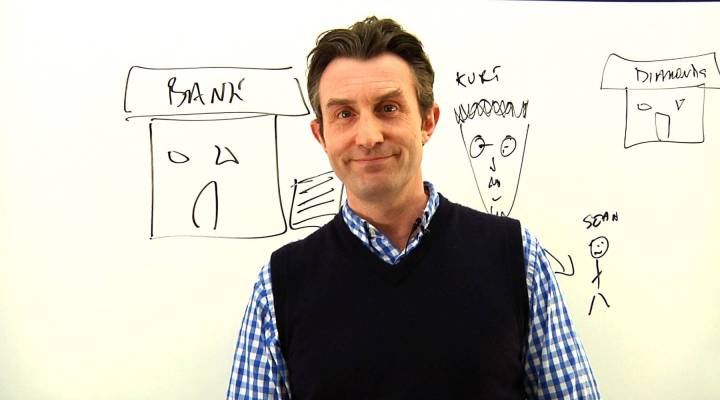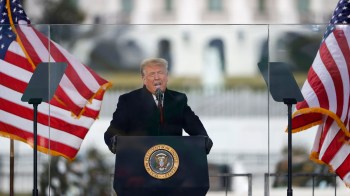
Explaining proprietary trading and its risks

Jamie Dimon defended proprietary trading a few weeks ago by saying “We’re a store… when the client calls JPMorgan, if we don’t give them the best price, we don’t get the business.” Dimon is talking about the bank’s function as a broker, putting buyers and sellers together — like a guy who you visit in order to buy or sell precious stones. If you want to buy diamonds, the broker will find some for you; you want to sell, he’ll find you a buyer. Many brokers don’t just rely on their connections to find stones, however. Many believe it’s smart to have some inventory on hand. That way, as Dimon says, when a client comes asking for product, you can compete on price with your competition. Without any inventory, you are subject to the whims of the market.
Building inventory sounds fair enough in that case. Except that the thing with inventory is that it is entirely speculative. Businesses stock up on inventory for two reasons. First because they’re hoping that people will buy their stuff, and second because they’re hoping the price of that inventory will rise. Buying inventory is a bet, in other words. And sometimes bets turn out to be bad. Our broker might stock up on white diamonds one day, only to find a week later that everyone wants Burmese emeralds and Nepalese rubies instead. The bottom drops out of the diamond market, and the broker goes, well, broke.
That’s bad news for our broker, but hardly a big deal for the rest of us. Companies go bankrupt all the time without disrupting the economy, after all. But there are two differences between a diamond broker and Jamie Dimon. The first is that Jamie Dimon’s core business is the safeguarding of our money. So if his bank makes a big bad bet, then it risks our savings. OK, the FDIC guarantees much of our savings, but not all.
And then there’s the other risk — to the financial system as a whole. If a big bank makes a bad bet (buys a whole lot of Greek bonds that turn out to be worthless, for example), there’s more at stake than just the bank’s operations and maybe some of our savings. We’ve seen that big banks are highly interconnected, and the failure of a big bank can freeze up the system and thus the economy. Because of this, the government will have no choice other than to bail the bank out. At the cost of billions of taxpayer dollars.
The Volcker rule says the risk that a failing bank presents to the economy is too great to allow banks to behave like a regular store. They can act as a broker, a go-between for buyers and sellers, but making bets on inventory is a no-no.
There’s a lot happening in the world. Through it all, Marketplace is here for you.
You rely on Marketplace to break down the world’s events and tell you how it affects you in a fact-based, approachable way. We rely on your financial support to keep making that possible.
Your donation today powers the independent journalism that you rely on. For just $5/month, you can help sustain Marketplace so we can keep reporting on the things that matter to you.


















